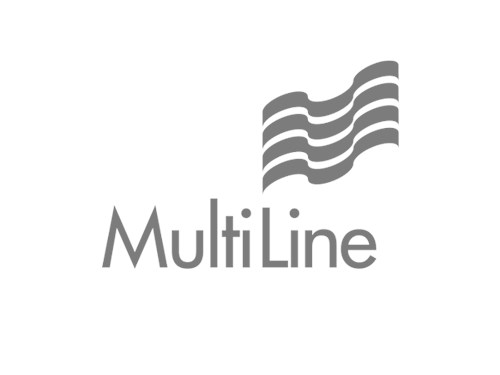We deliver 95 procent of our customers shipments from one day to the next. However during peak time you may experience a longer delivery time.
You can book a redelivery to your address for a fee; please contact our Customer Service at kundeservice@fragt.dk. You can also pick up your shipment yourself at our terminal. You can find location and address here. Please note we can only leave shipments without a receipt if the sender has accepted this and written it on the consignment note.
It means that your shipment has been delivered to your nearest freight terminal and is ready for pickup.
Yes, if you have the shipment’s consignment note number, you can see the consignment receipt in our Track & Trace system. However, this requires a login. Please contact our Customer Service at kundeservice@fragt.dk.
Yes, if you have the shipment’s consignment note number, you can see its geoposition in our Track & Trace. However, this requires a login. Please contact our Customer Service at kundeservice@fragt.dk.
No, deliveries to allotment garden associations are only made to the shared parking area. The access conditions in these areas are often not suitable for our trucks, so we cannot deliver directly to individual garden plots.
At Danske Fragtmænd, we work every day to deliver shipments safely and on time. However, extraordinary situations may arise that are beyond our control. These situations are referred to as Force Majeure.
Force Majeure is a legal term for unforeseen and extraordinary events that prevent us from fulfilling our normal transport obligations. For a situation to be considered Force Majeure, it must be unforeseeable, beyond our control, and make it impossible or unreasonably burdensome to carry out a transport.
Examples of events that may constitute Force Majeure include:
Extreme weather conditions (e.g., heavy snowfall, storms, floods)
War, riots, or acts of terrorism
Strikes or lockouts affecting critical infrastructure
Government interventions (e.g., sudden closures of roads or borders)









